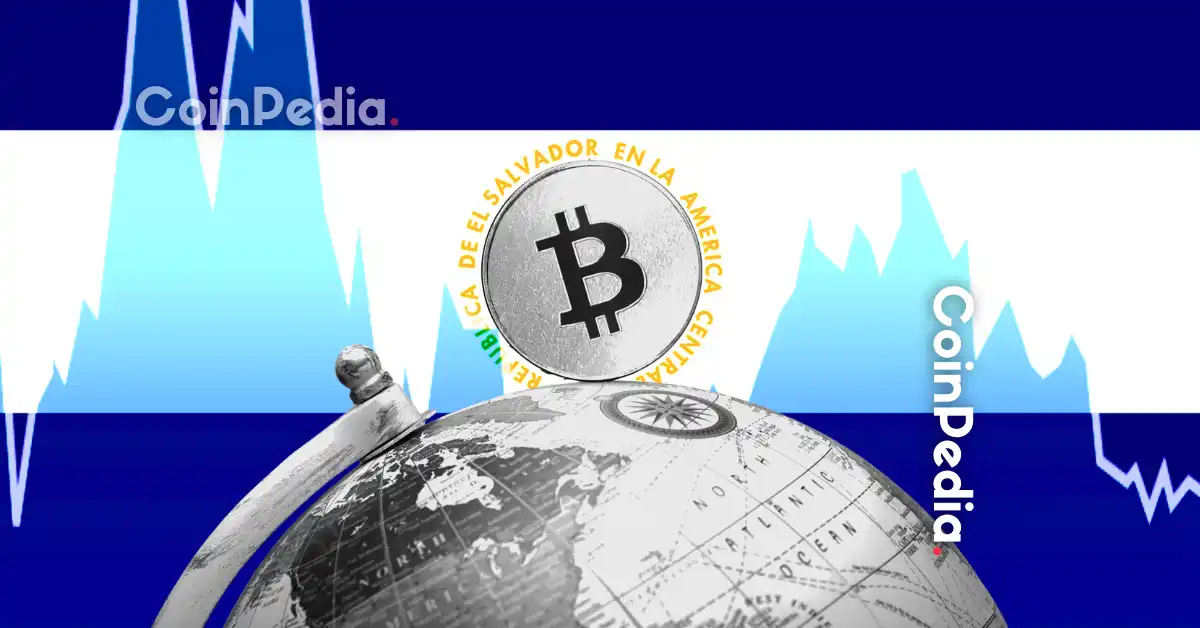The Bitcoin Gambit: El Salvador’s High-Stakes Experiment in Digital Currency
A Bold Leap into the Cryptocurrency Frontier
El Salvador’s decision to adopt Bitcoin as legal tender in 2021 was a move that sent shockwaves through the global financial community. President Nayib Bukele’s vision was clear: to transform the country’s economy, reduce reliance on traditional banking systems, and tap into the potential of digital finance. The move was met with a mix of excitement and skepticism, as the world watched to see whether this small Central American nation could successfully integrate cryptocurrency into its economic fabric.
The initial enthusiasm was palpable. Bitcoin, with its decentralized nature and potential for lower transaction fees, offered a solution to financial inclusion for a population where a significant portion was unbanked. Remittances, a lifeline for many Salvadoran families, were often subject to high transfer costs. Bitcoin presented an alternative channel for sending and receiving money, potentially saving millions of dollars in fees. The promise of economic growth and foreign investment was enticing, positioning El Salvador as a hub for innovation in the digital age.
The Bitcoin Bonds and the Dream of Bitcoin City
The government’s efforts to promote Bitcoin adoption were ambitious. The launch of the “Chivo Wallet,” a government-backed digital wallet, was accompanied by a $30 Bitcoin bonus to encourage citizens to use the platform. This initiative was part of a broader campaign to integrate Bitcoin into daily life, aiming to create a seamless transition for the population.
One of the most ambitious projects was the announcement of “Bitcoin Bonds,” also known as “Volcano Bonds.” These bonds were intended to fund the construction of Bitcoin City, a futuristic metropolis powered by geothermal energy from a volcano. The city was envisioned as a haven for Bitcoin enthusiasts, offering tax incentives and a sustainable, crypto-friendly environment. The project was seen as a bold step towards creating a new economic model, one that could attract global attention and investment.
The IMF’s Scrutiny and the Scaling Back of Ambitions
However, the path was not without obstacles. The International Monetary Fund (IMF) quickly raised concerns about the risks associated with Bitcoin. The IMF’s worries centered around the volatility of Bitcoin’s price, its potential impact on financial stability, and the lack of transparency in the country’s Bitcoin holdings. These concerns were not merely advisory; they carried significant weight, as El Salvador was seeking a loan from the IMF to address its fiscal challenges.
Facing pressure from the IMF, El Salvador was forced to make concessions. In early 2025, the government agreed to scale back its Bitcoin policies as part of a $1.4 billion loan deal with the IMF. This included reducing public sector involvement in Bitcoin and halting new Bitcoin purchases. Moreover, El Salvador withdrew Bitcoin’s legal tender status. This shift marked a significant departure from the initial vision of a Bitcoin-centric economy.
Public Sentiment and the Reality on the Ground
Beyond the IMF’s concerns, the Bitcoin experiment has also faced challenges on the ground. Despite the government’s efforts to promote adoption, public sentiment towards Bitcoin remains mixed. A 2024 survey revealed that 80% of Salvadorans felt that Bitcoin had not improved their finances. The lack of education and understanding about Bitcoin has been a significant obstacle. Many Salvadorans are unfamiliar with cryptocurrency and are hesitant to use it due to its perceived complexity and risk.
The volatility of Bitcoin’s price has also been a deterrent. Many people are reluctant to hold an asset that can fluctuate dramatically in value. Furthermore, the impact of Bitcoin on the Salvadoran economy has been limited. While the government has touted the potential for foreign investment, there is little evidence to suggest that Bitcoin has significantly boosted economic growth. The number of businesses accepting Bitcoin as payment remains relatively small, and the “Chivo Wallet” has faced technical glitches and security concerns.
Bukele’s Unwavering Commitment
Despite these challenges, President Bukele remains a staunch advocate for Bitcoin. He has repeatedly defended his country’s Bitcoin strategy, arguing that it is a necessary step towards financial innovation and independence. Bukele has also dismissed the IMF’s concerns, accusing the organization of trying to stifle El Salvador’s progress.
Recent blockchain data indicates that El Salvador continues to purchase Bitcoin, although the amount and frequency of these purchases are unclear. This suggests that Bukele remains committed to his Bitcoin vision, even as the country faces increasing pressure from the IMF and skepticism from the public.
Conclusion: A Crossroads for El Salvador
El Salvador’s Bitcoin experiment represents a bold and unprecedented attempt to integrate cryptocurrency into a national economy. While the initial vision was ambitious, the country has faced significant challenges, including pressure from the IMF, public skepticism, and the inherent volatility of Bitcoin.
As El Salvador navigates this complex landscape, it faces a critical juncture. Will it continue to pursue its Bitcoin vision, even in the face of international scrutiny and economic uncertainty? Or will it further scale back its ambitions and prioritize its relationship with the IMF? The answers to these questions will not only determine the future of El Salvador’s Bitcoin experiment but also set a precedent for other countries considering similar initiatives. The world watches with bated breath as El Salvador treads this uncharted path, a nation caught between the allure of digital innovation and the sobering realities of global finance.

